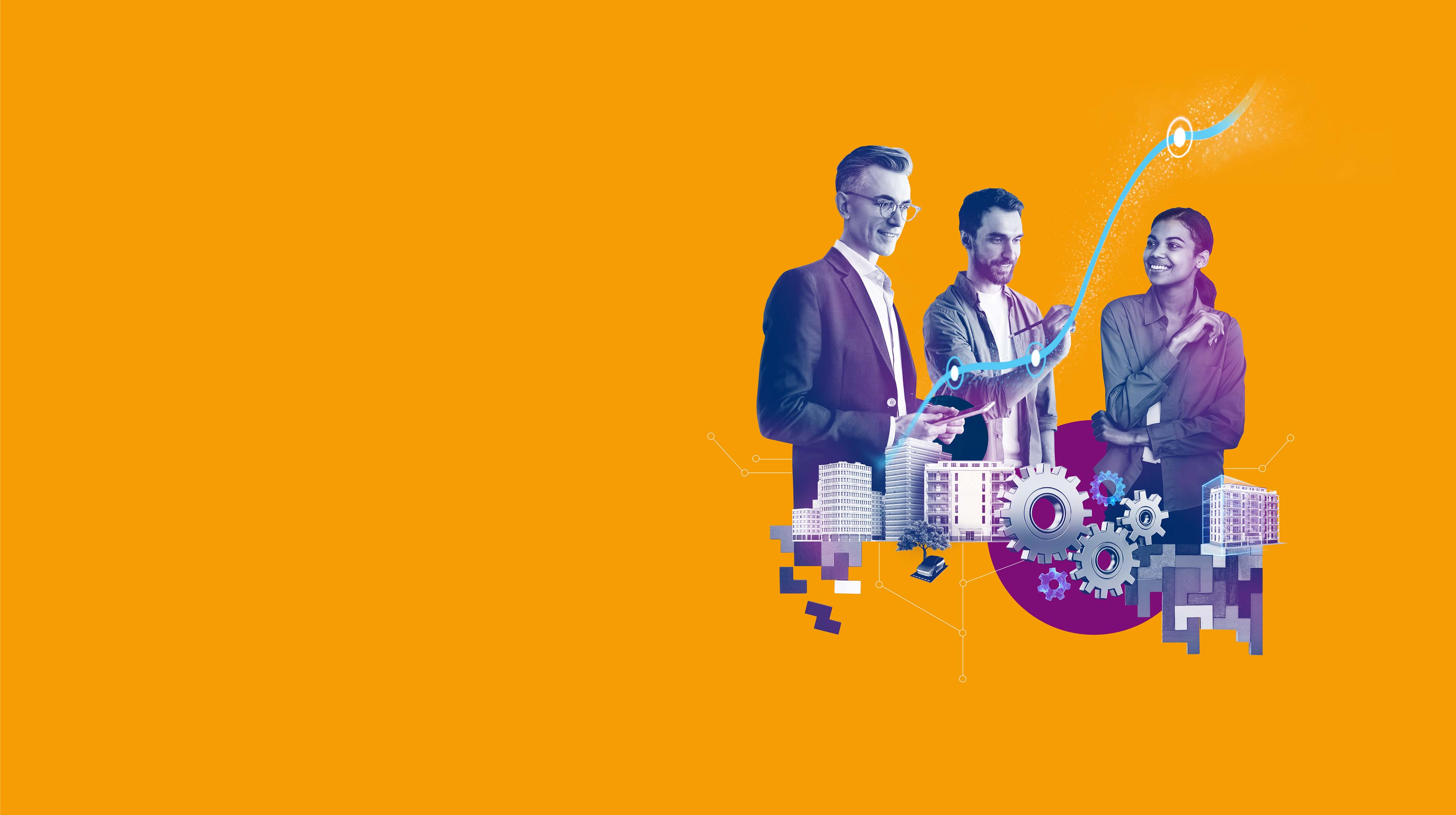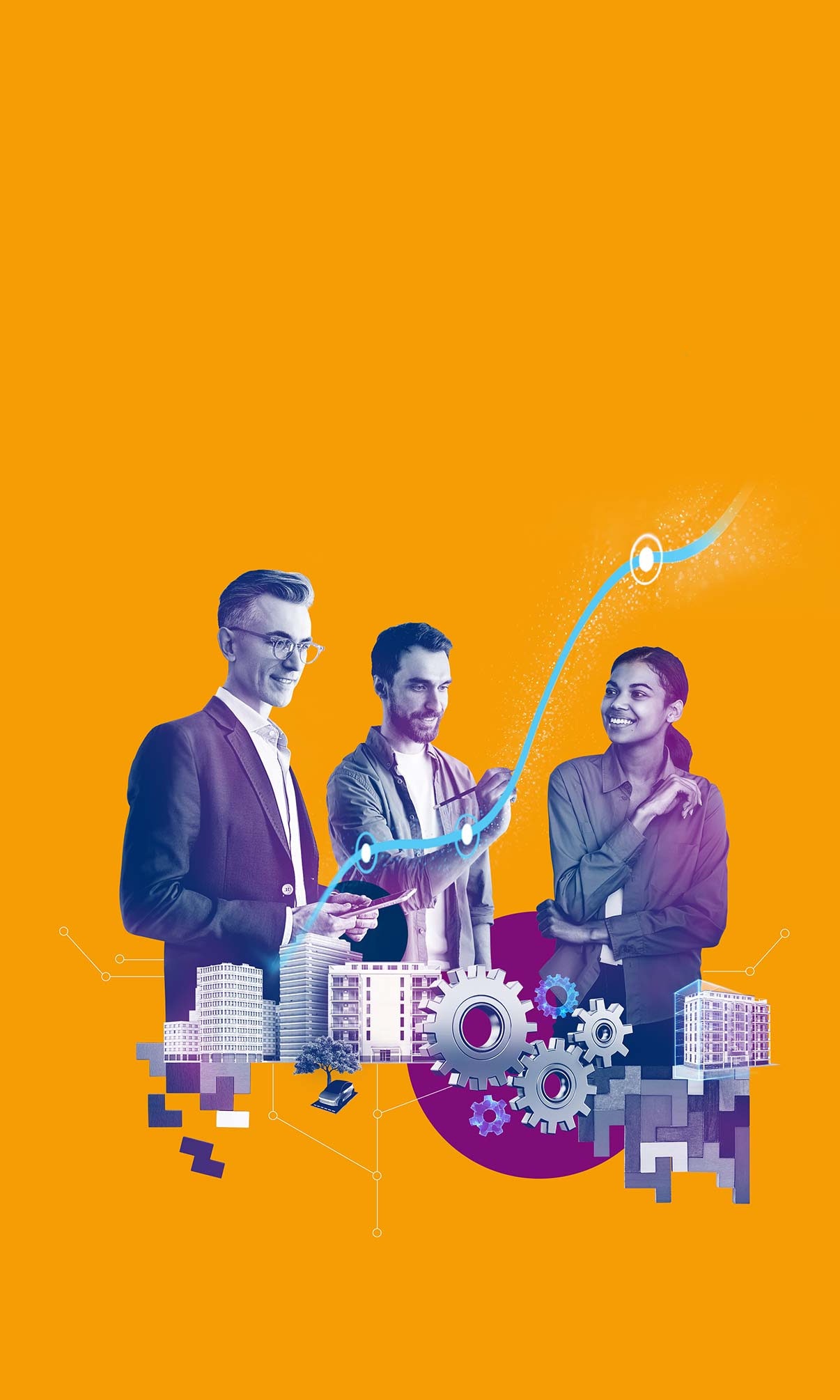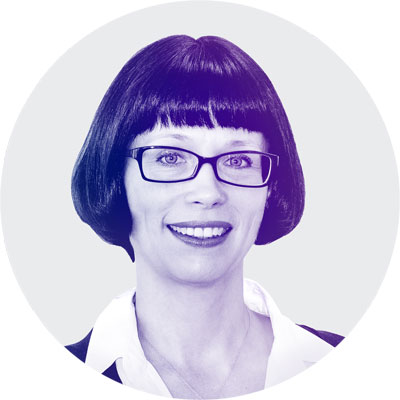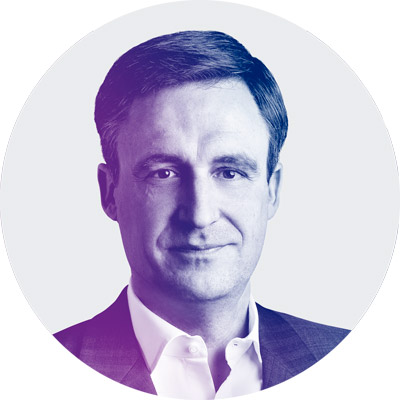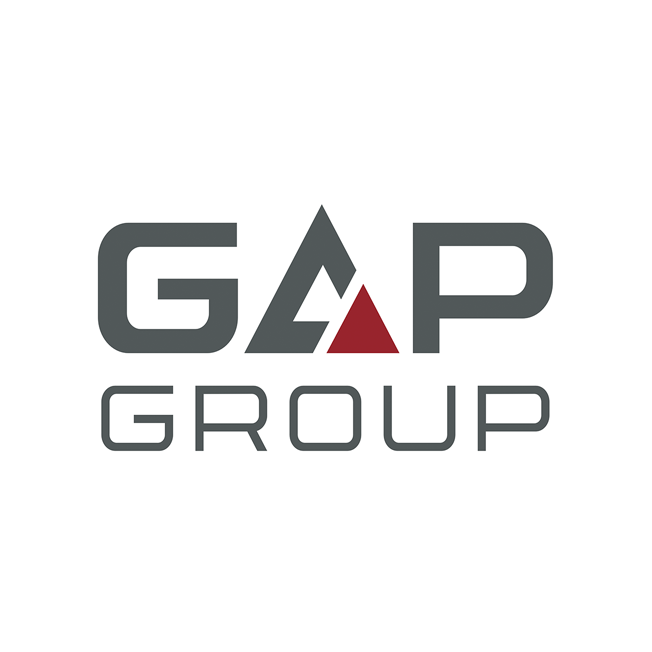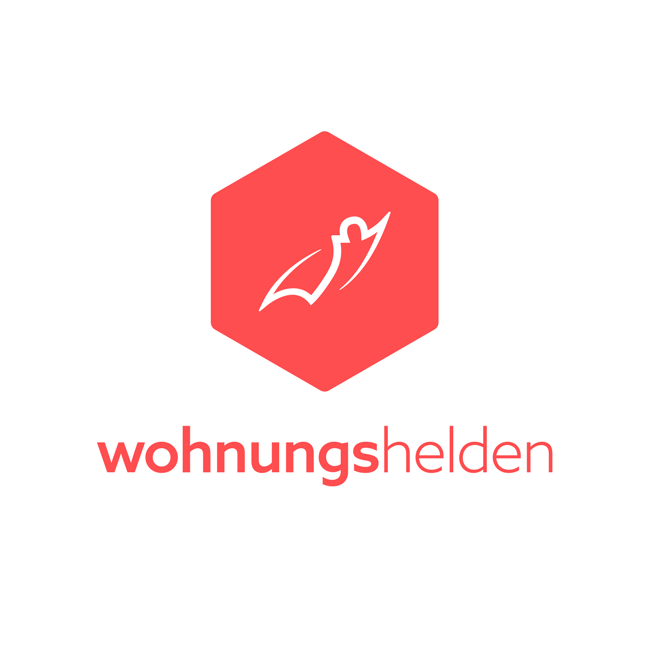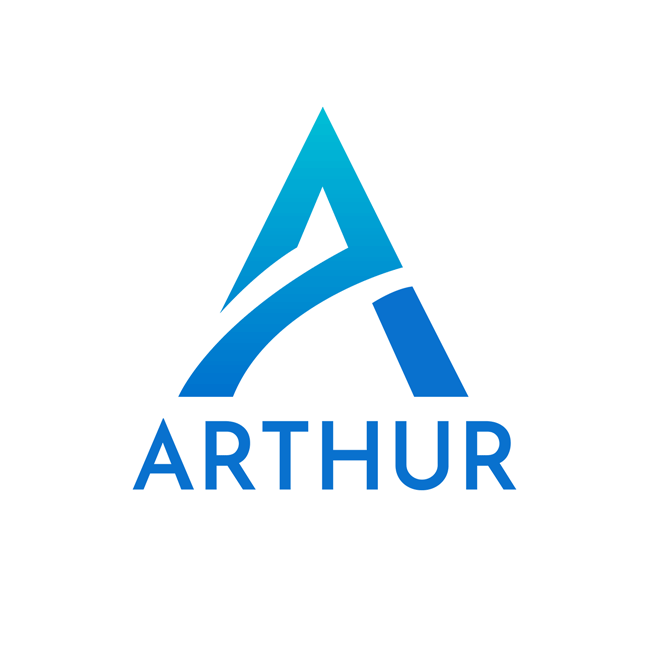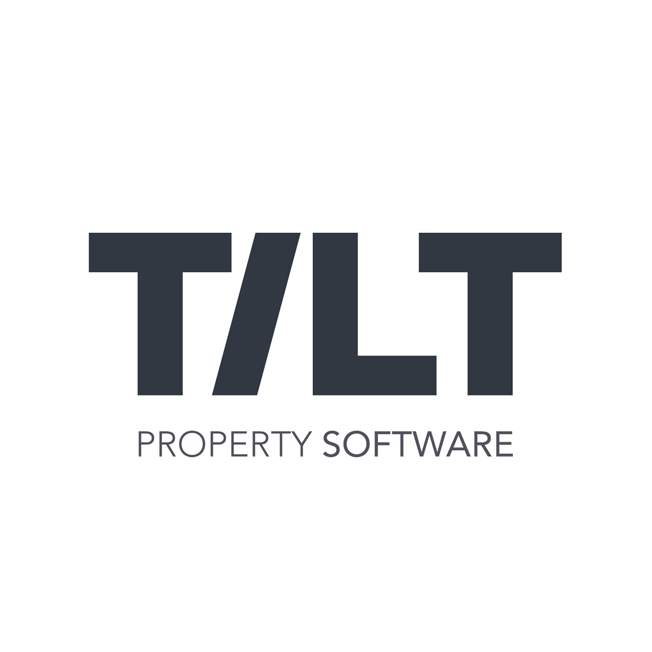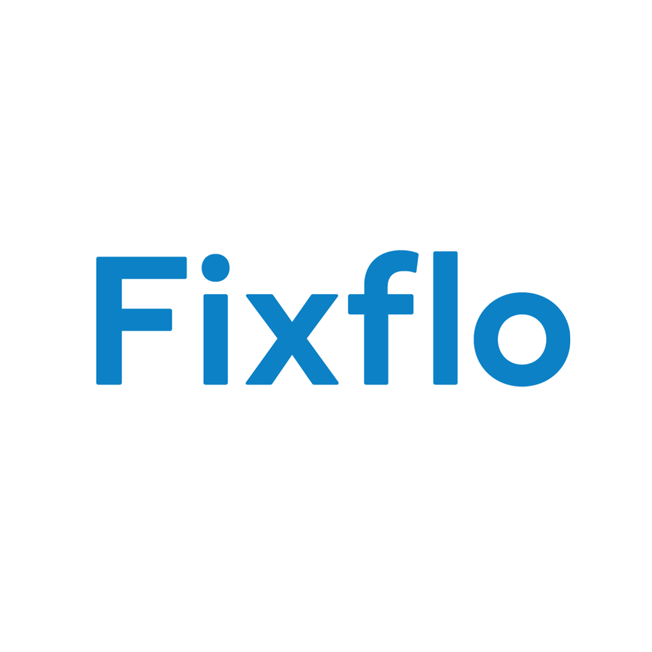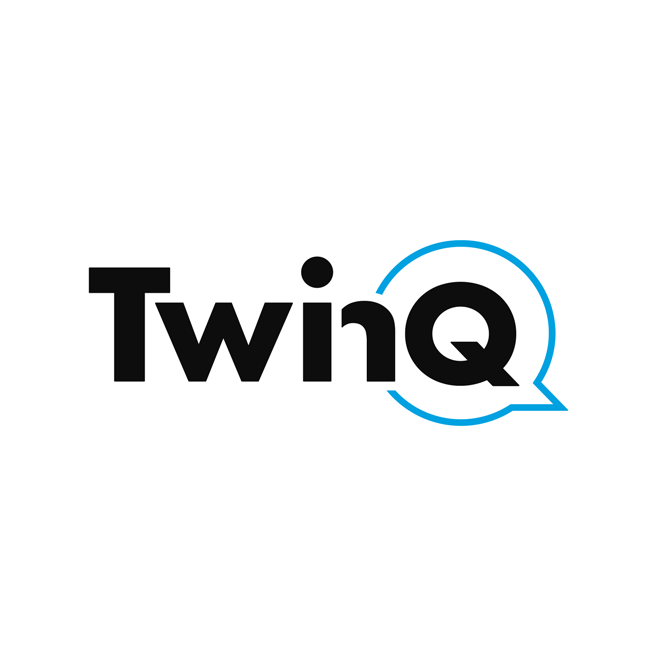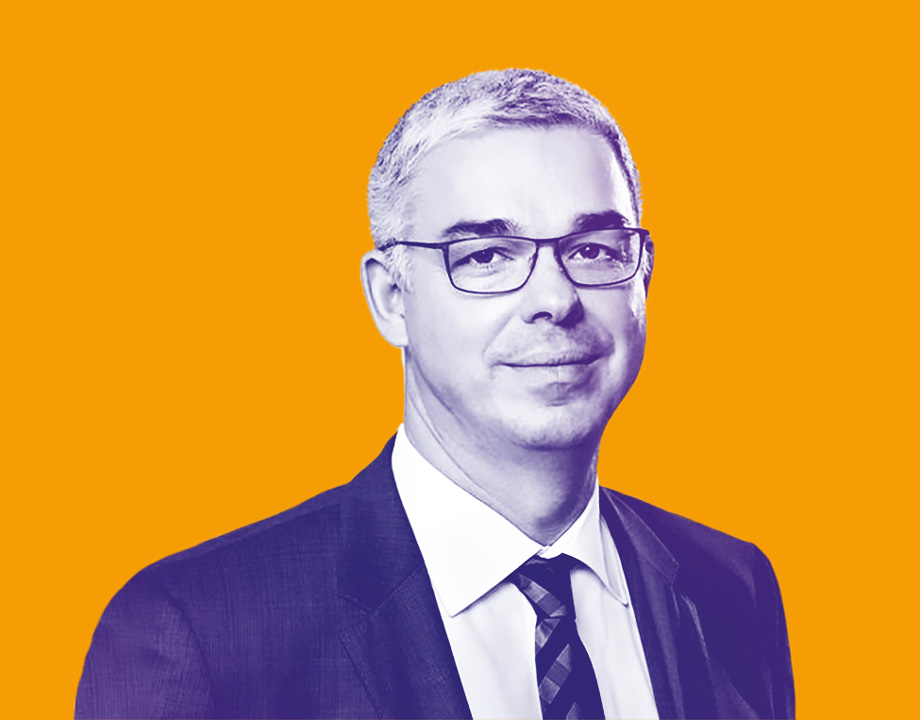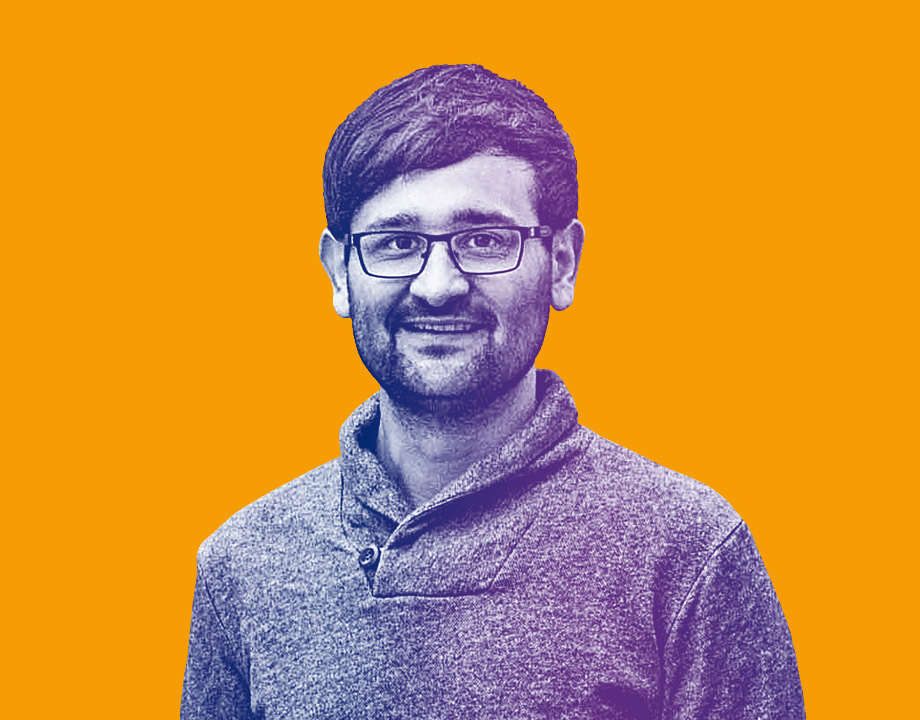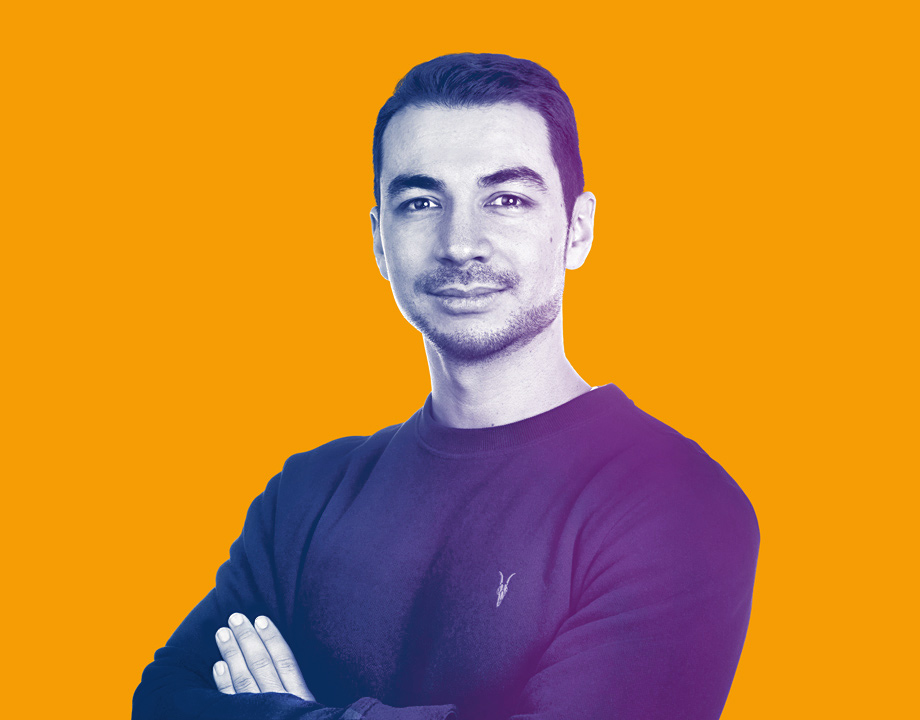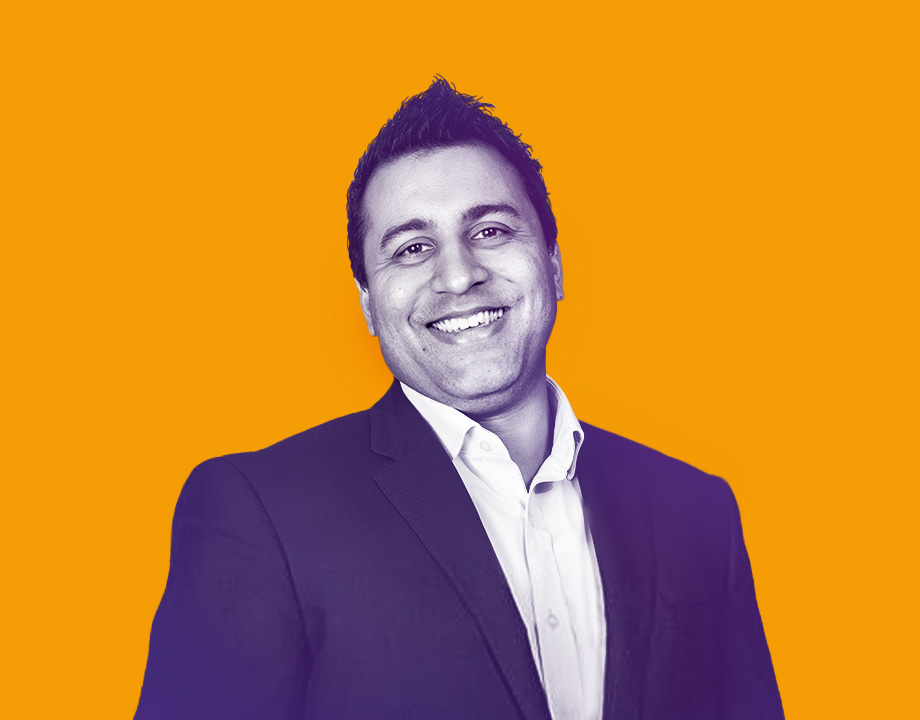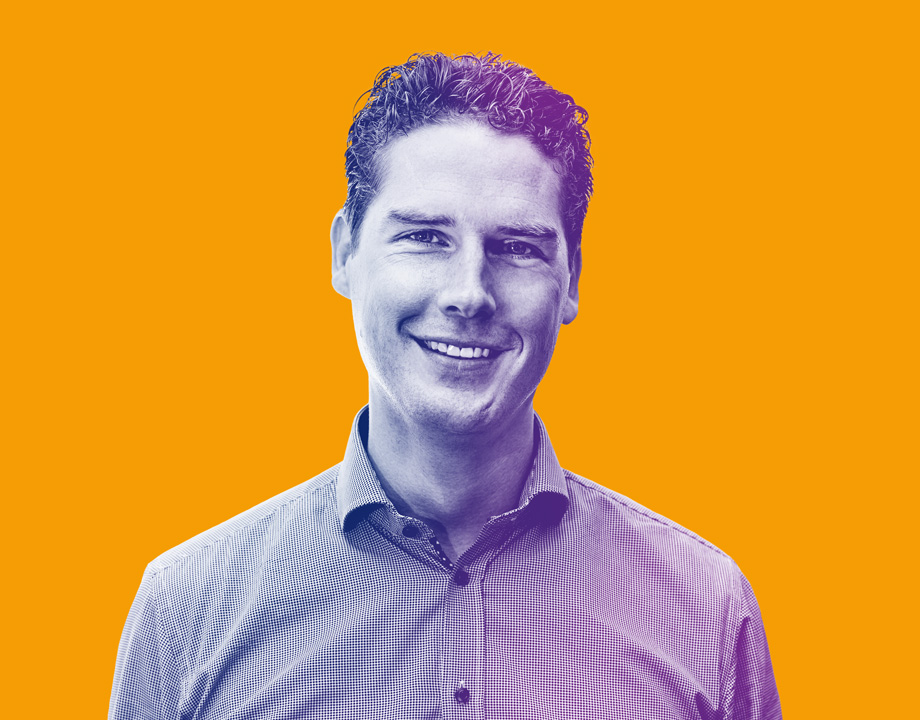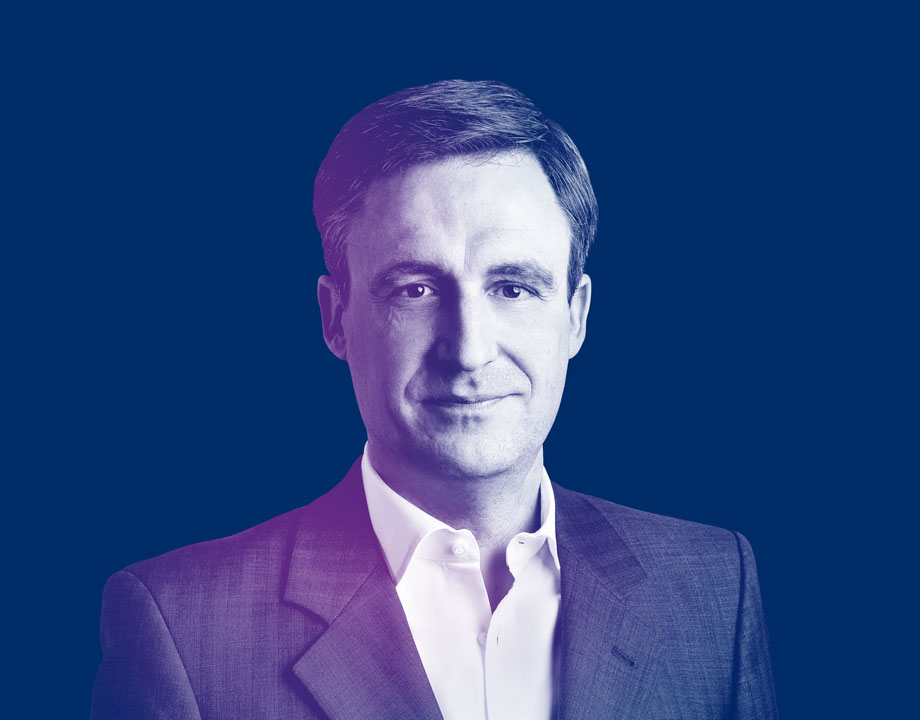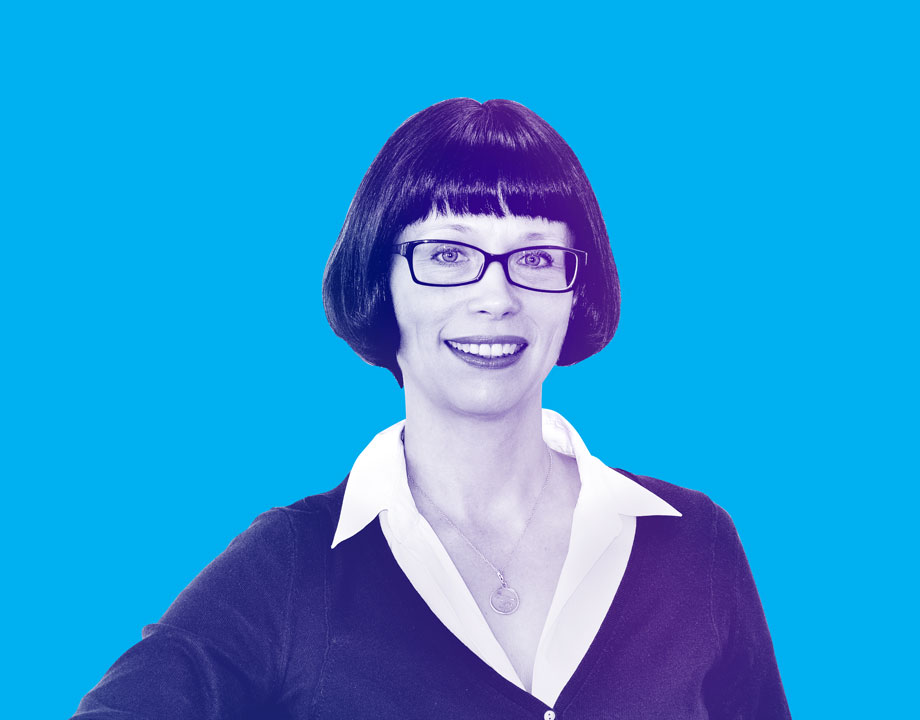What exactly have you done?
RC: Our goal was to intensify and accelerate the M&A activities, that is, all necessary steps from market screening to establishing contact, due diligence, negotiations and conclusion of the contract. This entailed standardising many of the work stages and communication interfaces between the teams. Precisely defined procedures, extending all the way to the accurate documentation of results, are crucial elements in this process – and once this framework is stable, it gives rise to agile working methods. These structures are now up and running. Last year, we completed six international transactions on this basis. All in all, up to 15 colleagues in different teams can be involved in our transactions. The communication paths in a project are always short, so outstanding issues can be clarified straight away.
EW: Thanks to Roland’s team, the procedure for identifying potential acquisitions has become much more professional. And the quality of our analyses has also improved further. These analyses form a valuable decision-making basis for all parties during negotiations with a potential acquisition. My team, too, was reorganised at the start of 2021 with the acquisition of new expertise. Together with the specialist departments involved, we standardised the various steps involved in the integration process and documented them in a playbook. So, we’re now able to run several integration projects at a time more quickly than before.
Which companies has Aareon and your new team brought on board in 2021?
RC: In Germany, we acquired an established ERP product and long-standing market competitor with the takeover of the GAPGroup. Its customers – mainly cooperatives and municipal companies – can continue to use their tried-and-tested applications, while also benefiting from the additional products and services provided by Aareon Smart World. So, as well as strengthening an existing customer segment, we’ve also managed to tap into cross-selling potential. Another example is wohnungshelden, a Munich-based start-up that offers customers a wide range of convenient functions with which to manage the letting process. Again, this allowed us to enhance our current range of products and services, while accessing new customer groups. On the subject of new markets, we’ve tapped into the growth segment of small and medium-sized property managers in the UK, and our acquisitions of Arthur Online, Tilt and Fixflo follow this logic. That was quite a big thing for us. Not only do we now have a CRM and an ERP system for this target group, but also a property maintenance portal in the form of Fixflo. And in the Netherlands, Twinq, a provider of solutions for the management of owners’ associations – a common feature of the market there – has been a positive addition to our portfolio. So, here too, we’ve been able to expand our market presence by adding to our product range.

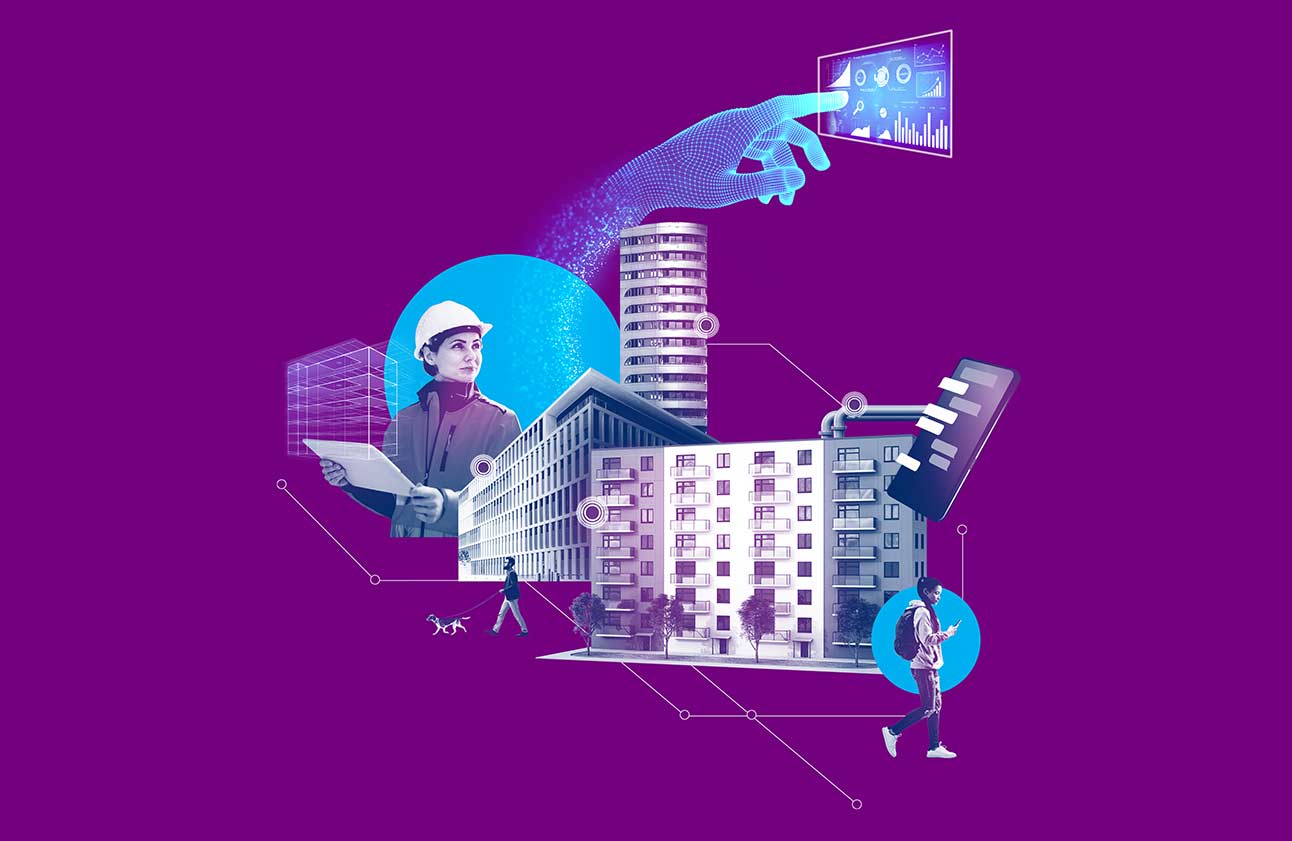 Aareon is harnessing artificial intelligence to add value for customers
Aareon is harnessing artificial intelligence to add value for customers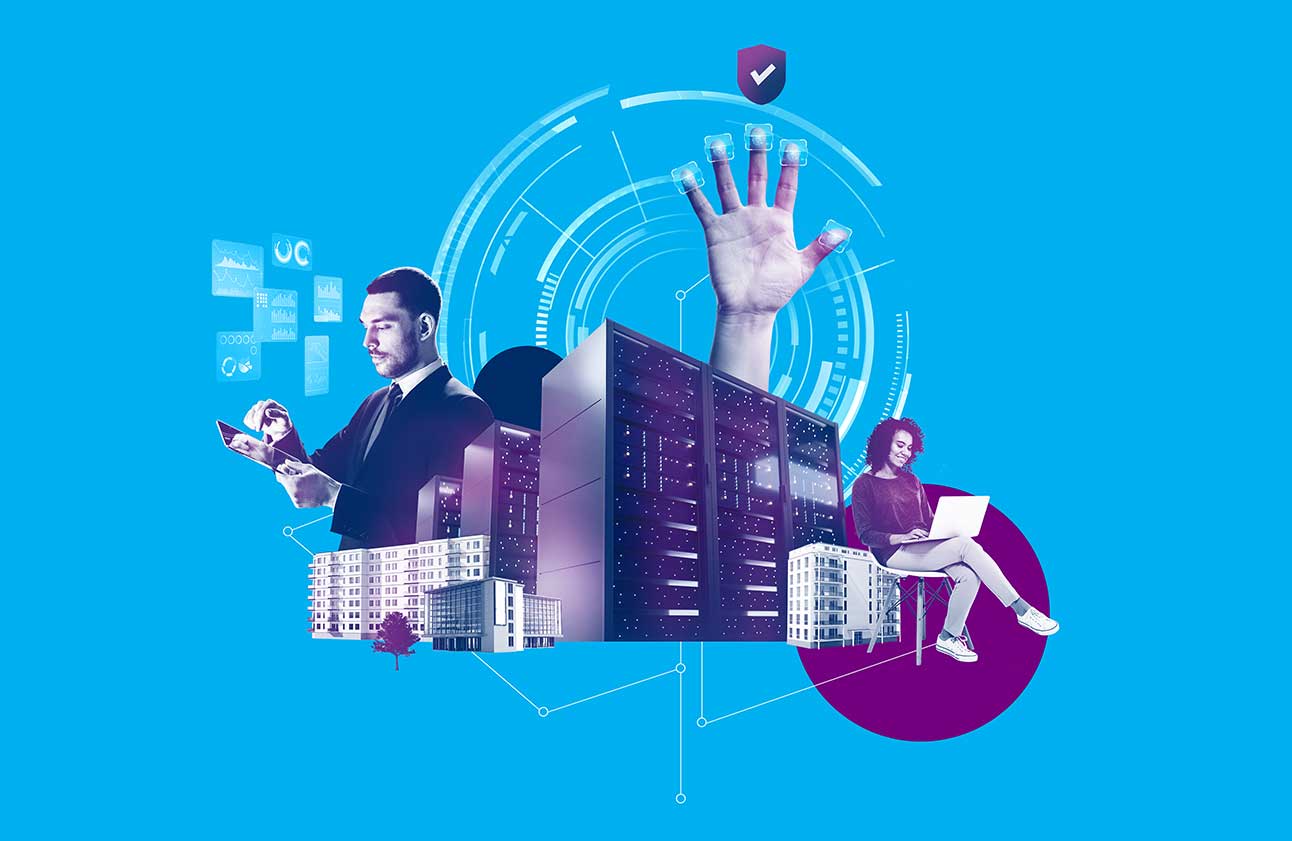 Convenient, secure and flexible – that's Software as a Service
Convenient, secure and flexible – that's Software as a Service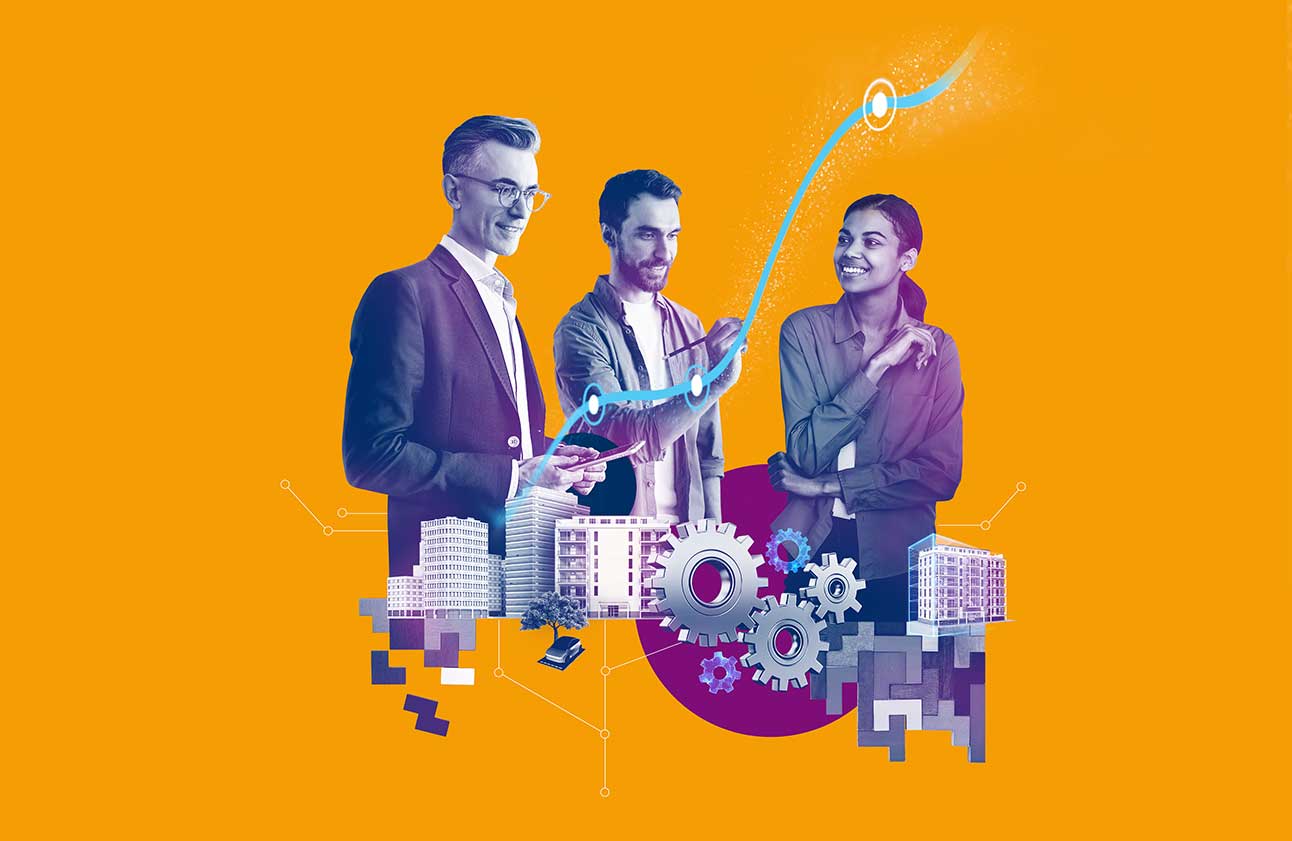 What it takes to integrate companies successfully
What it takes to integrate companies successfully How Aareon is supporting the energetic reorganisation of the building sector
How Aareon is supporting the energetic reorganisation of the building sector